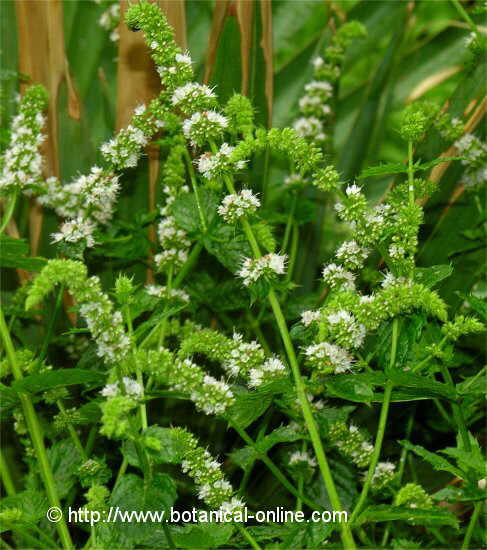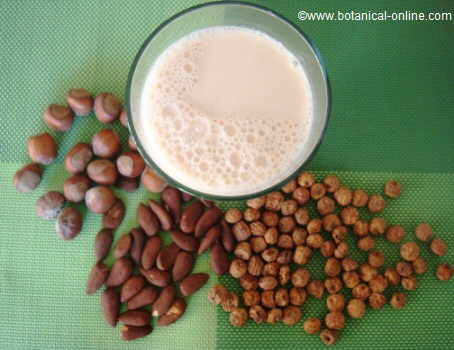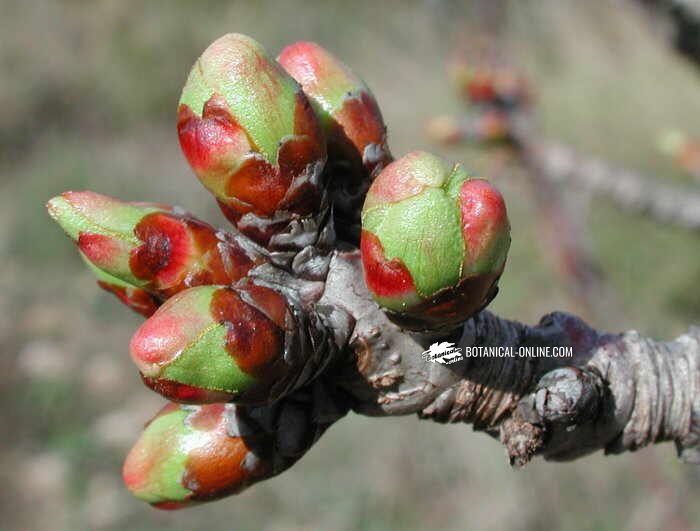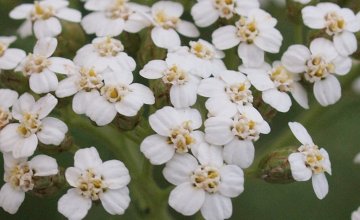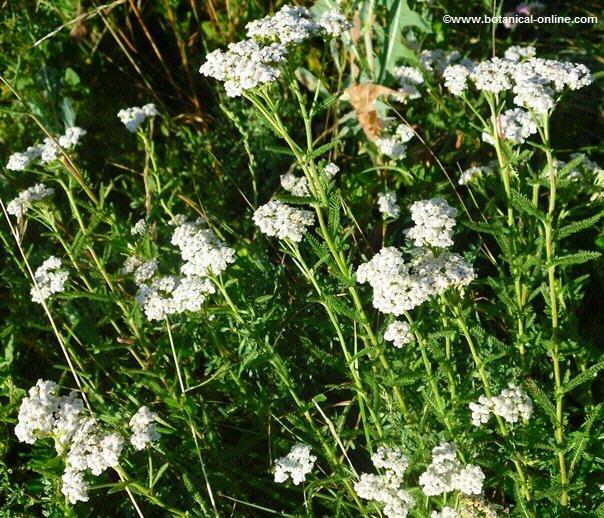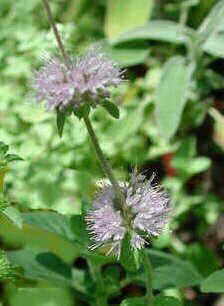Contents
Food for hemorrhages
Diet can be an important aid both to recover the lost blood in the bleeding and to prevent bleeding in many diseases in which this occurs too easily, intestinal bleeding, nosebleeds, too abundant menstruation, etc.
Suitable food to avoid bleeding
The most suitable foods are those that are able to increase the clotting ability of blood. These foods contain low levels of salicylates. These foods include the following:
- Vegetables and vegetables with dark leaves: Cabbages, lettuce, leeks, mushrooms or potatoes are extremely low in salicylates. Other very vegetables are: asparagus, eggplants, beets.
- Legumes: lentils, chickpeas, string beans,
- Fruits: apples, pears, bananas, pomegranates, figs, khakis
- Dried fruits: cashews, nuts, Brazil nuts, hazelnuts.
- Spices and condiments: black olives, apple syrup
- Alfalfa: Rich in vitamin K, with clotting properties.
INADEQUATE FOOD FOR HAEMORRHAGES
People who are prone to bleeding should avoid those food components that thin the blood . They are mainly salicylate-rich foods that contain properties similar to certain antiplatelet drugs such as aspirin.
Foods with salicylates
These foods include:
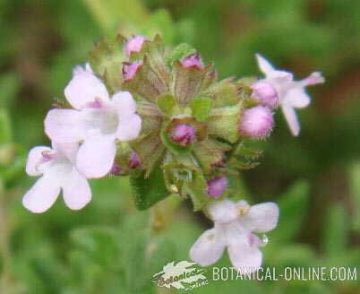
- Foods with very high levels of salicylate (which would have to be avoided):
- condiments: Cayenne pepper or cinnamon
- herbs: licorice, oregano, thyme or sage.
- Foods with high levels of salicylate (which would have to be avoided):
- Foods with fairly high levels of salicylate (which should be eaten with caution)
- Condiments: ginger, chili, cloves, tarragon, vinegar, basil, olives, nutmeg.
- Vegetables: peppers, cucumbers, endive, chicory, radishes, bean, soy, soy sprouts, tomato paste.
- Fruits: pineapples, oranges, plums, strawberries, blackberries, currants, bilberries, dates, apricots, cherries, guavas, kiwis, melons, watermelons.
- Dried fruits: Almonds or peanuts.
- Drinks with salicylate : coffee, green tea, black tea.
![]() More information on nosebleed and its natural treatment.
More information on nosebleed and its natural treatment.


